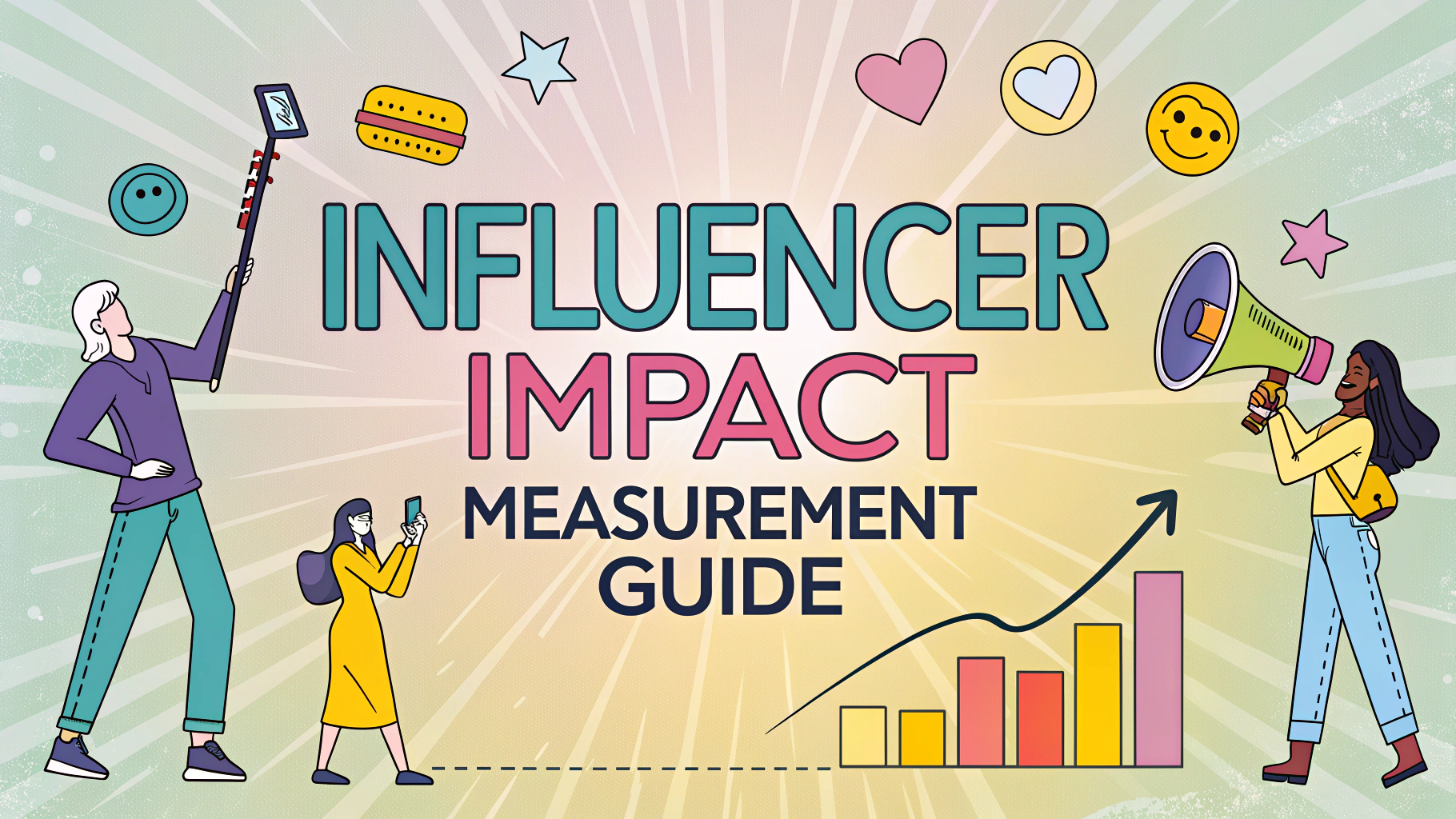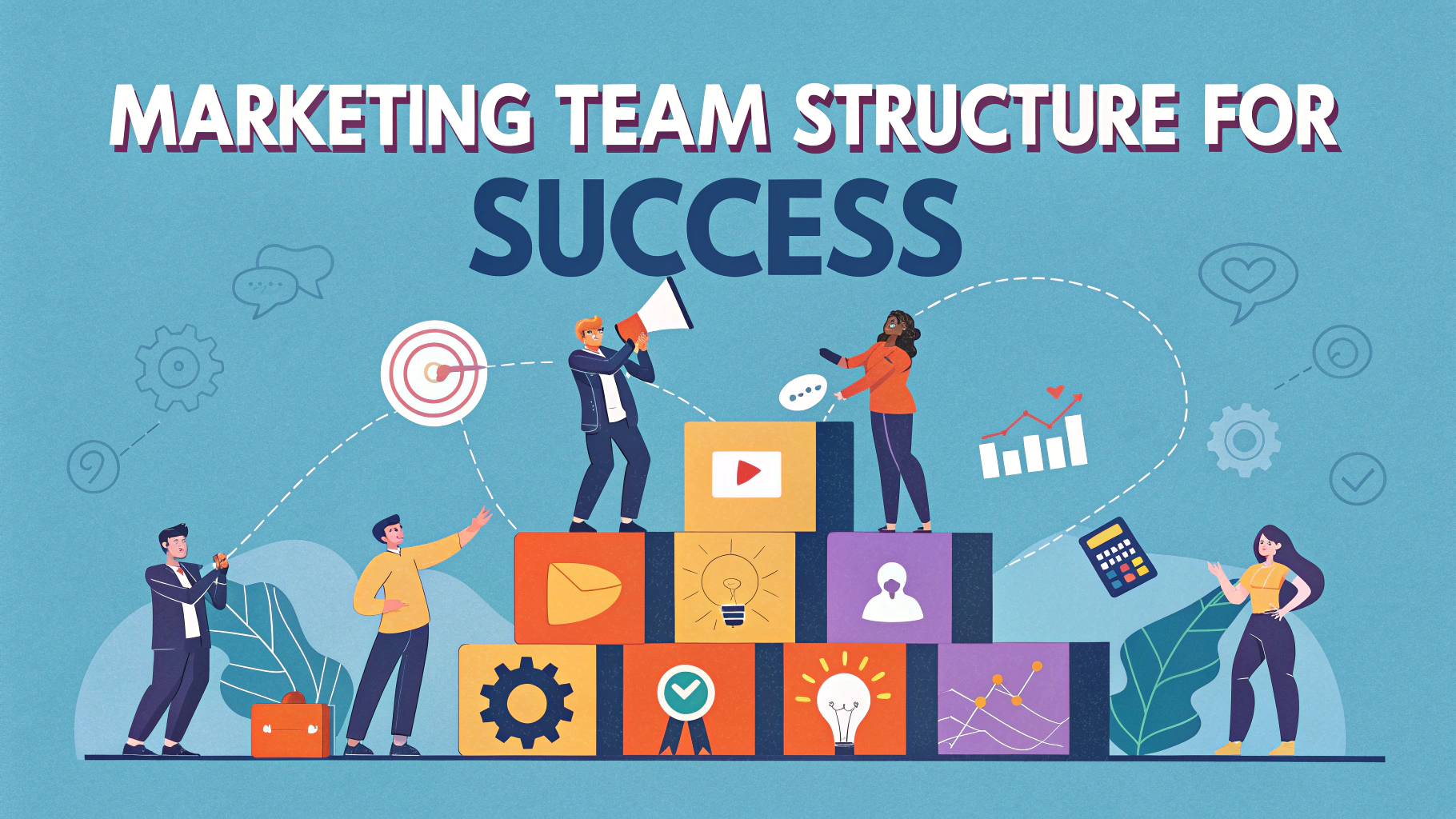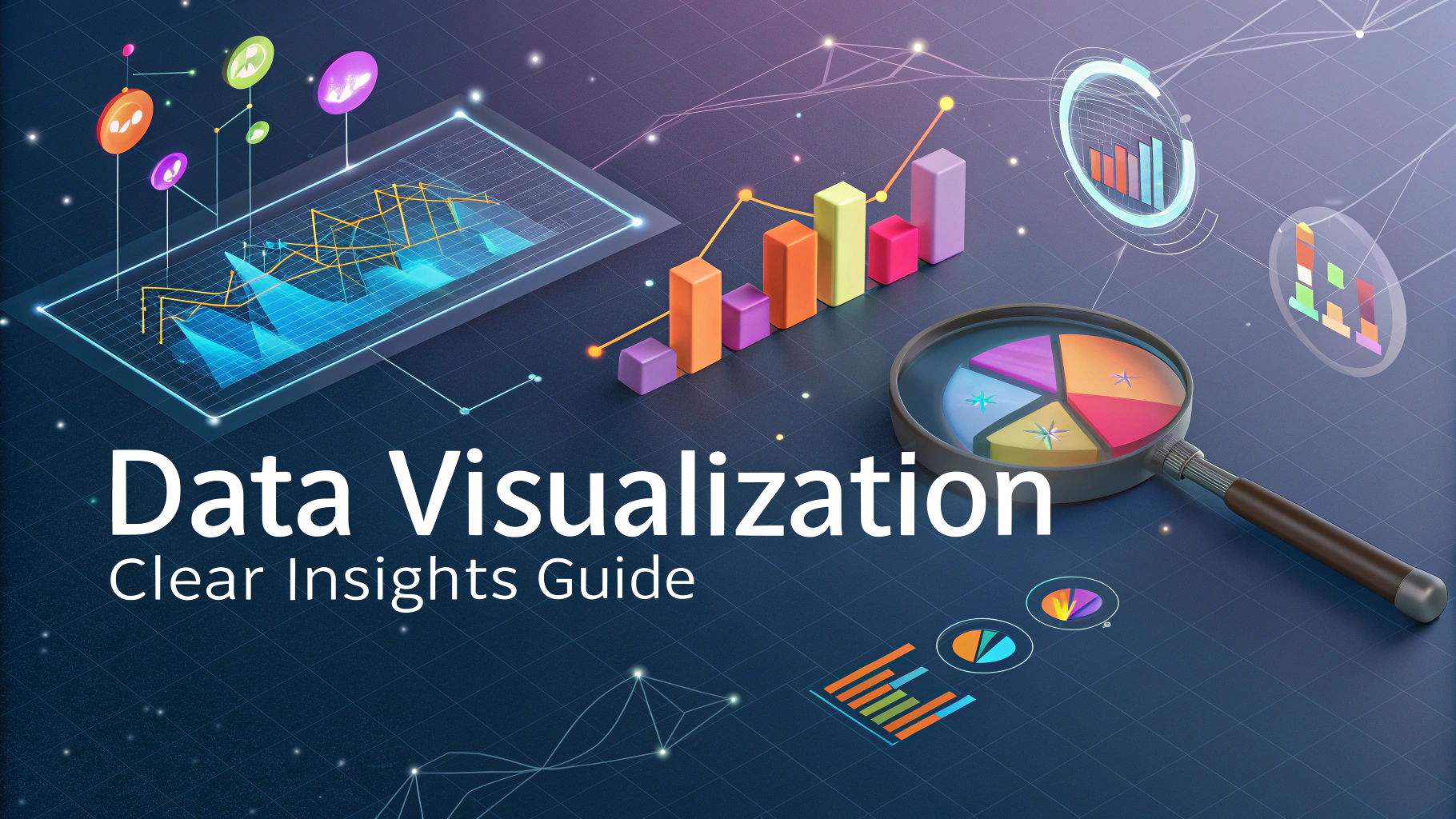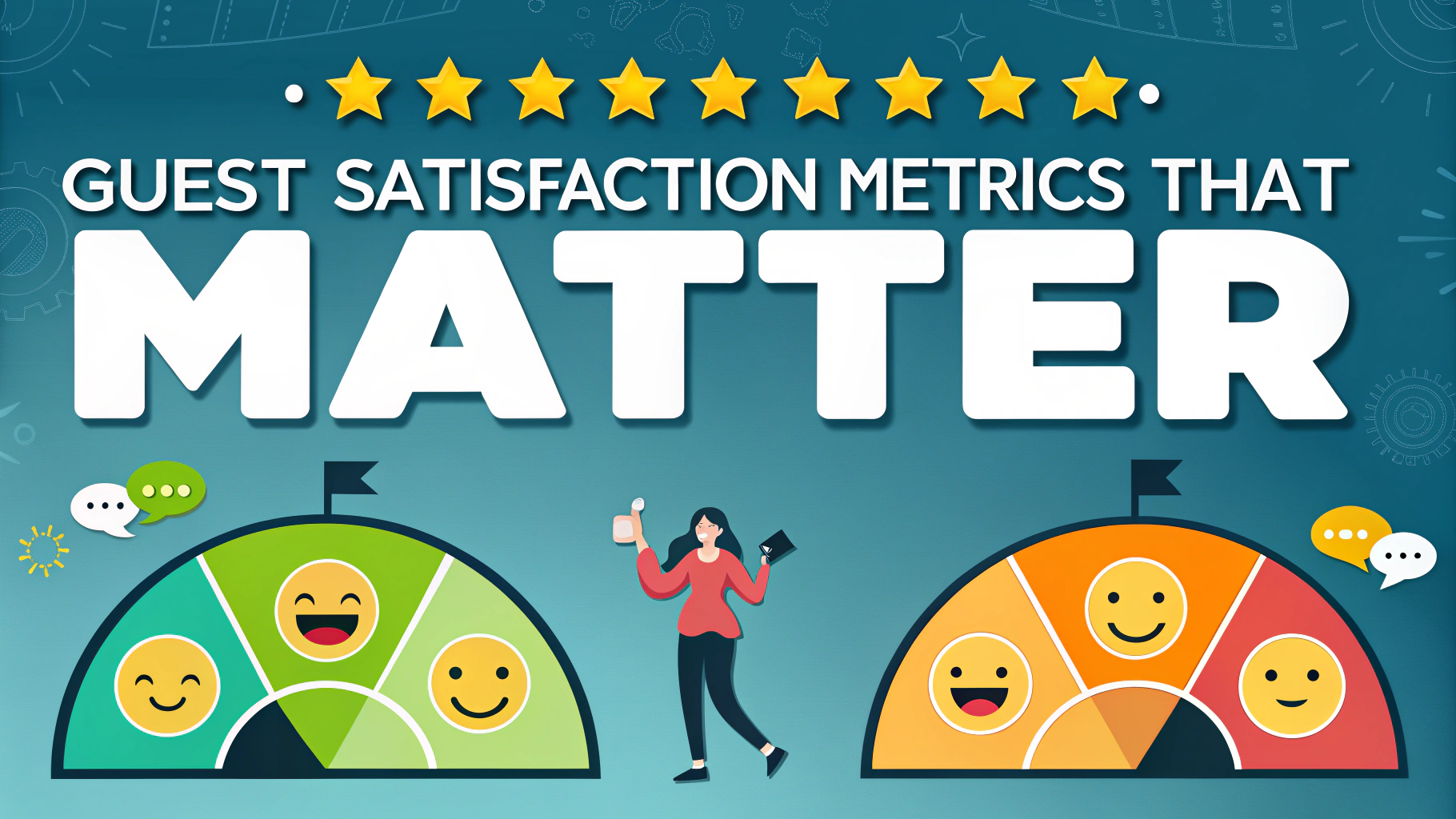Hotels and resorts that create attractive seasonal packages can dramatically increase bookings during both peak and off-peak periods.
Strategic package development requires understanding guest preferences, local attractions, and seasonal opportunities unique to your property’s location.
This guide explores proven approaches to designing and marketing seasonal hotel packages that consistently generate revenue throughout the year.
Key Elements of Successful Seasonal Packages
- Value-added amenities that enhance the guest experience
- Clear differentiation from standard room-only rates
- Alignment with seasonal activities and local events
- Strategic pricing that maintains profit margins
- Compelling presentation across marketing channels
Types of Seasonal Packages That Drive Revenue
Winter Packages
- Ski & Stay combinations with nearby resorts
- Holiday shopping packages with local retail partners
- New Year’s Eve celebration packages
- Winter wellness retreats
Spring Packages
- Garden tour experiences
- Spring break family adventures
- Easter holiday specials
- Local festival tie-ins
Summer Packages
- Beach access packages
- Golf getaways
- Family vacation bundles
- Adventure sport combinations
Fall Packages
- Foliage viewing experiences
- Harvest festival specials
- Wine tasting weekends
- Thanksgiving holiday packages
Package Development Strategy
Start by analyzing your historical booking data to identify seasonal patterns and opportunities.
Research local events and attractions that align with your target guest segments.
Calculate package costs carefully, including all inclusions and partner commissions.
| Package Component | Consideration |
|---|---|
| Room Rate | Base rate + seasonal premium |
| Add-ons | Partner costs + markup |
| Amenities | In-house costs + labor |
Marketing Your Seasonal Packages
- Create dedicated landing pages for each seasonal package
- Use high-quality imagery showcasing package elements
- Develop email campaigns targeting past guests
- Leverage social media with season-specific content
- Partner with local tourism boards for expanded reach
Distribution Channels
- Direct website bookings
- OTA platforms
- Local tourism websites
- Travel agents and tour operators
- Corporate travel partners
Package Performance Tracking
Monitor these key metrics to evaluate package success:
- Booking conversion rates
- Revenue per package
- Guest satisfaction scores
- Return on marketing investment
- Partner feedback and performance
Next Steps for Implementation
Start with a single seasonal package and test market response before expanding.
Build relationships with local attractions and activity providers to secure favorable rates.
Train your staff thoroughly on package details and selling points.
Contact your local tourism board (US Travel Association) for partnership opportunities and market insights.
Measuring Package Success
Regular analysis of package performance helps refine offerings and maximize revenue potential. Track these additional metrics:
- Average length of stay for package bookings
- Upsell conversion rates
- Seasonal booking patterns
- Customer acquisition costs
- Package modification requests
Optimizing Package Elements
Pricing Strategies
- Dynamic pricing based on demand
- Early booking incentives
- Length-of-stay discounts
- Premium add-on options
Guest Experience Enhancement
- Personalized welcome amenities
- VIP check-in process
- Priority reservations for activities
- Exclusive access to facilities
Technology Integration
Leverage these tools to streamline package management:
- Booking engine optimization
- Channel management systems
- CRM for guest communication
- Automated marketing platforms
- Analytics tracking software
Maximizing Future Success
Create a year-round strategy that anticipates seasonal demands and market changes. Regular package refinement based on performance data ensures continued revenue growth and guest satisfaction.
Build a robust feedback loop with guests and partners to continuously improve package offerings and maintain competitive advantage in your market.
Remember that successful seasonal packages evolve with changing guest preferences and market conditions. Stay flexible and responsive to maximize your property’s revenue potential throughout the year.
FAQs
- What makes a seasonal hotel package successful?
A successful seasonal package combines unique experiences, value-added elements, and timely offerings that align with peak travel periods and local events. - How far in advance should hotels plan seasonal packages?
Hotels should plan seasonal packages 6-12 months ahead to allow for proper marketing, distribution, and booking windows while ensuring all components are secured. - Which distribution channels work best for promoting seasonal packages?
Direct website bookings, email marketing, OTAs, social media platforms, and partnerships with local tourism boards are most effective for seasonal package promotion. - How should hotels price seasonal packages?
Price packages by calculating the cost of individual components, adding value-added elements, considering competitor rates, and maintaining a 25-35% profit margin while ensuring perceived value. - What are the essential components of a seasonal package?
Essential components include accommodation, seasonal activities or experiences, dining options, exclusive perks, and at least one unique selling proposition that differentiates from competitors. - How can hotels measure the success of seasonal packages?
Track revenue per package, booking patterns, customer feedback, conversion rates, and compare performance against regular room-only bookings and previous seasonal offers. - What are common mistakes in seasonal package development?
Common mistakes include overcomplicating offerings, insufficient profit margins, poor timing, lack of market research, and failing to differentiate from competitors. - How often should seasonal packages be updated or refreshed?
Review and refresh seasonal packages annually, updating prices, components, and themes based on performance data and customer feedback while maintaining successful elements. - What role do local partnerships play in seasonal packages?
Local partnerships enhance package value by providing authentic experiences, spreading marketing costs, accessing new customer bases, and creating unique selling propositions. - How can hotels ensure operational efficiency when offering seasonal packages?
Establish clear communication between departments, create standard operating procedures, train staff on package details, and implement a reliable tracking system for package components.







